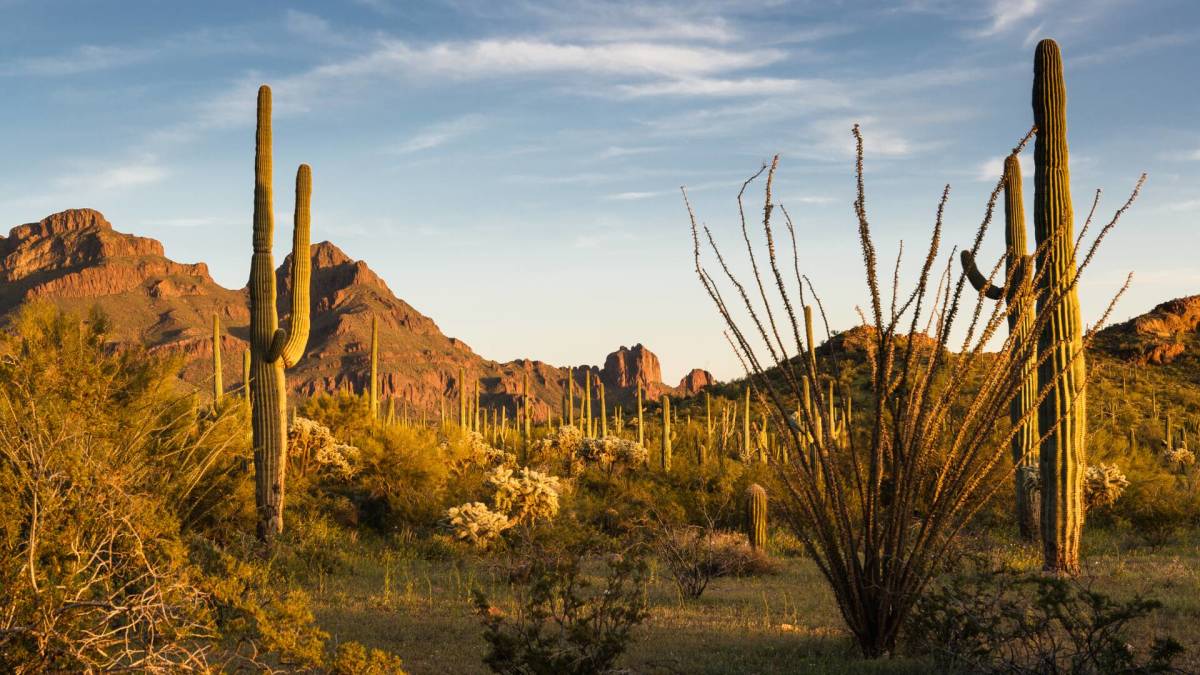
Since 2023, paying the entrance fee at national parks has only been possible by credit or bank card. The goal was to speed up the flow of traffic and reduce staff time at park entrances.
Some parks, including Great Falls Park in Virginia and Saguaro National Park in Arizona, are now fully cash-free, meaning you can't use cash in shops or anywhere else on the property.
Don't miss the move: SIGN UP for TheStreet's FREE daily newsletter

Shutterstock
U.S. law: coins and currency are legal tender for all debts
The no-cash policy has not been universally popular. In March 2024, three parkgoers from different parts of the country filed a lawsuit against the NPS in the U.S. District Court of D.C. The lawsuit filed by Esther van der Werf of California, Toby Stover of New York, and Elizabeth Dasburg of Georgia draws upon an old U.S. law stating, "Coins and currency [...] are legal tender for all debts, public charges, taxes and dues."
"Thus NPS' refusal to accept U.S. Currency tendered for entrance fees constitutes a clear violation of federal law," the lawsuit read further.
While the plaintiffs tried to claim that cash-free policies discriminate against people who do not have bank cards, the lawyers representing the branch of government that includes the NPS responded with a request to dismiss the lawsuit because they "Have not pled that they personally lack the ability to pay the entrance fee using accepted non-cash methods."
Related: National park may soon make a key service more expensive
A lawful right to pay in cash
"Their alleged injury — in fact, their failure to enter certain national parks on the few occasions identified in the Complaint — is based only on principle, a belief that they have a 'lawful right' to pay in cash," the response which was recently reported by national parks watchdog National Park Traveler wrote.
More on travel:
- Southwest Airlines make a change some passengers won't like
- United Airlines to bring back route it hasn't flown for five years
- Is another part of Mexico becoming 'the next Tulum'?
The response was filed in July, and as of mid-December, the case is pending as it has not yet been brought before a judge who will rule on whether to throw the allegations out of court or proceed with the lawsuit.
Meanwhile, the lawyers representing the government also spent a large part of their response deliberating on the meaning of the term "debt" to argue that entrance to the park is not one but rather a service for which visitors willingly choose to pay.
"Nothing in the legislative history nor anywhere else suggests that the statute can apply to anything beyond the discharge of debts however defined," the response reads further. "The payment of an entrance fee to access a national park is not a debt under any definition of that term. Instead, it is a contemporaneous payment for a good or service."
Some states, including New York, have passed laws prohibiting businesses from going cash-only to protect poorer and undocumented members of the population who may not have bank accounts. The state, however, does not have a single site fully designated as a national park.
Related: The 10 best investing books (according to stock market pros)







